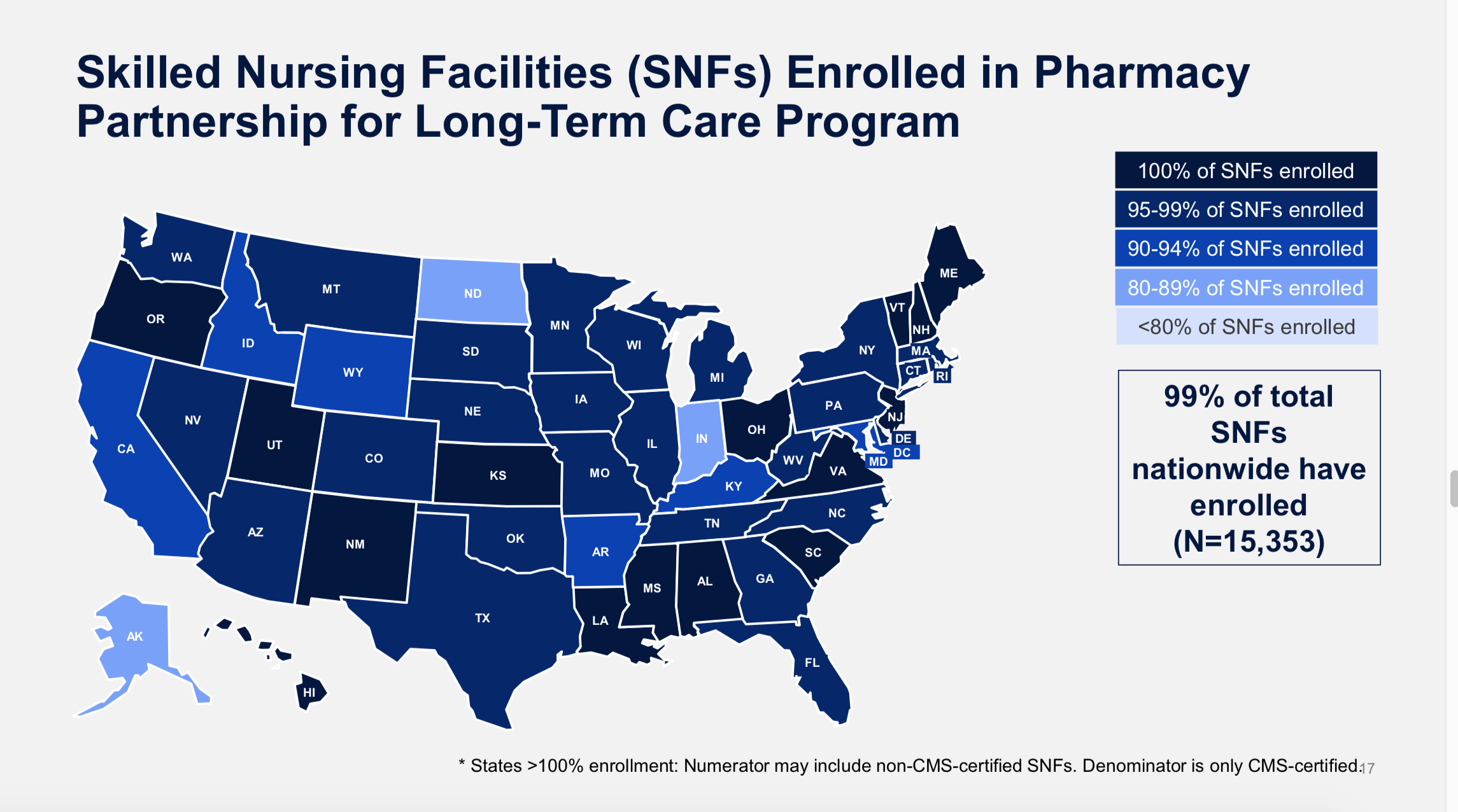

Its first bivalent booster candidate, called mRNA-1273.211, was well-tolerated, the company said, and a preprint study posted last week to the online server Research Square found that it elicited higher antibody responses than Moderna’s current booster shot against the original coronavirus and the Beta, Delta and Omicron variants. Moderna has been developing updated booster candidates to target emerging coronavirus variants, and it also has monovalent (based on a single virus strain) candidates in the works. Moderna announced Tuesday that its first bivalent Covid-19 booster shot candidate – which combines elements of the current vaccine with updates based on the Beta variant – induced higher antibody responses against all variants of concern than the company’s original Covid-19 booster. “And if we are able to achieve that, then I think it is very easy to follow and remember so that we can go back to really the way used to live.” The goal is to create “something that can protect for at least a year,” Bourla told CBS in March. Pfizer CEO Albert Bourla has said the company is also hoping to make a vaccine that will protect against Omicron as well as all other variants of the coronavirus.

The vaccination site is part of the Maryland Vaccine Equity Task Force's effort to partners with all 24 of Maryland's local health departments to focus coronavirus vaccination efforts on "underserved, vulnerable, and hard-to-reach populations to ensure the equitable delivery of vaccines." (Photo by Chip Somodevilla/Getty Images) Chip Somodevilla/Getty ImagesįDA vaccine advisers say a plan for updating Covid-19 shots is needed LANDOVER, MARYLAND - MARCH 18: Pharmacist Fedelis Onyimba injects the Moderna COVID-19 vaccine into one of about 200 people who got their shots at First Baptist Church of Highland Park Main Landover, Maryland. Doran Fink, deputy director of the US Food and Drug Administration’s Division of Vaccines, said at Wednesday’s meeting.
#ACIP NEXT MEETING UPDATE#
The time needed to manufacture a vaccine – once it is decided to change or update the composition of that vaccine – also is not clear.īut for the vaccines that are now available, a decision to modify them would need to be made “at the latest by the beginning of the summer” if a vaccination campaign were to be needed in the fall, Dr. Pfizer and Moderna are working on vaccines that would specifically protect against the Omicron variant, even though it’s not clear whether one is needed. Some companies, including Pfizer/BioNTech and Moderna, are developing variant-specific vaccines that could target whatever strain of the coronavirus is circulating when that booster might be needed. The Covid-19 vaccinations that people get in the future could be completely different formulations from what’s being given now, which is based on the original version of the virus that emerged in late 2019. Sara Oliver, an epidemic intelligence service officer with the Division of Viral Diseases, said at the meeting.īefore recommending future doses of Covid-19 vaccines, Oliver said, the committee members would need to assess the nation’s recent case counts, hospitalization rates, vaccine effectiveness – including whether it’s waning over time – and the impacts of circulating coronavirus variants.Īs the virus continues to evolve, the “evolution of the Covid vaccines will be important,” including the vaccine platforms, Oliver said. “Policy around future doses require continued evaluation of Covid-19 epidemiology and vaccine effectiveness, including the impact of both time and variants, and the ability of doses to improve this protection,” the CDC’s Dr. Who's eligible for second Covid-19 booster shots - and when to get them Children 12-15 years old receive a Pfizer-BioNTech Covid-19 vaccine booster at Hartford Hospital in Hartford, Connecticut on January 6, 2022.


 0 kommentar(er)
0 kommentar(er)
